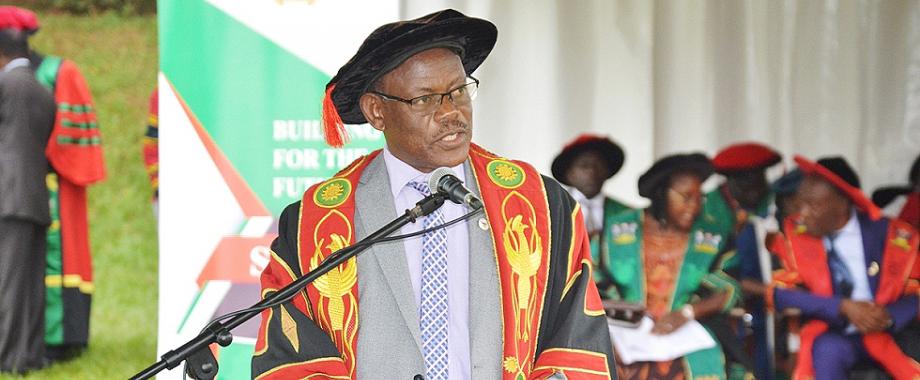Labour as a corporate factor of production is key in organizing the other factors. It is this that gives labour a leeway to manipulate capital in a bid to realise development. The interplay between the workforce and the employer inexorably breeds friction due to incongruity in power relations. Whereas the investor looks at labour as a residual claimant, labour on the other hand values itself via its marginal productivity.
It is this mismatch that invariably compels labour to form trade unions. Trade unions through the collective bargaining precept tend to portray individual member’s interest as mutual interests. Since each labour union has its vested interests which in most cases are selfish in nature, it tends to act in such an introverted way as it safeguards those interests. Professional bodies, that are structured along specific ethics and standards tend to be more caustic in defence of their “right”. However, it has been found out that this abrasive conduct is the source of entrenched corruption. When professional bodies denounce the oversight functions of government entities that fight corruption as interfering, overbearing and grandstanding, it is actually a nefarious action to hide the vice of corruption.
In the recent past, there have been attempts to stem the vice of drug theft in medical facilities. These attempts have been fervently opposed by the medical fraternity. When the State minister for Health Sarah Opendi made an impromptu visit to Naguru hospital to verify allegations of extortion by the health workers, the medical fraternity was fast to dismiss it with vitriol as a posturing for a ‘Kodac moment’. Instead of the medics joining hands with the minister to reprove their colleagues for this odious act, they were quick to shift the blame to the paltry remuneration and working condition. It is true the medics like any other profession, don’t earn a living wage, but this should not be reason enough to underpin the acts of corruption. In fact when the minister called for punitive action against the culprits, the medical staff threatened a strike.
At Jinja Referal Hospital, there have been a myriad of outright theft of medical equipment and drugs. A couple of years ago, the hospital was embroiled in intermittent strikes after the medics were caught red-handed stealing equipment and extorting money from patients, the trade unions supported the strike.
A few days ago, the same abhorrent actions manifested again, when a CD4 count machine, computers and pediatric equipment were stolen and the culprits were apprehended with some of the equipment in their private clinics, but still the trade union came out strongly to defend their own. These are outright acts of corruption yet trade unions portray them as harassment by the anti-graft agencies.
Another scenario is the recent stand-off between Makerere University Academic Staff (MUASA) and the administration about the 44 dismissed staff members. It is clear that each individual has a peculiar case and so if the union is to defend them, it must take cognizant of that fact. Whereas some face financial iniquities others are accused of sexual offences while others absconded from duty yet still picked the salary. In light of that, it wouldn’t have called for MUASA to oppose the dismissal if the proper process of law is followed. Such actions of trade unions fetter the crusade against corruption. The Vice Chancellor has been vilified for reading the “riot act”.
The legal fraternity also has tendencies that shackle the fight against corruption. The Uganda Law society like any other professional entity has a code of ethics which each member must follow to the letter, but what happens when a member is embroiled in an ethical act that has a corruption angle? There is an interesting scenario in Kenya, where a prominent advocate and professor was arrested for allegedly conniving with managers of a Sugar company to create fictitious cases where he was paid hundreds of millions in court fees. The incredulity of the Kenya law society was a shocker.
They objected to his arrest, arguing that he cannot be accused of impropriety since his duty as an advocate is to represent his clients. This highlights the dilemma of trade unions in fighting corruption. It is true the noble role of an advocate is to represent a client, but how can you be paid for a string of non-existent cases and when the noose tightens on you, the union runs to your defence. Court awards costs for only those cases brought before it, but its alleged that he connived with managers to pick money at different times disguised as court awards. The screamer is when the legal fraternity ran to court and blocked the court process on technical grounds without taking into account of the merits of the case.
Whereas trade unions are meant to safeguard the welfare of its members, they should not use the power of collective bargaining to stifle the fight against corruption.




